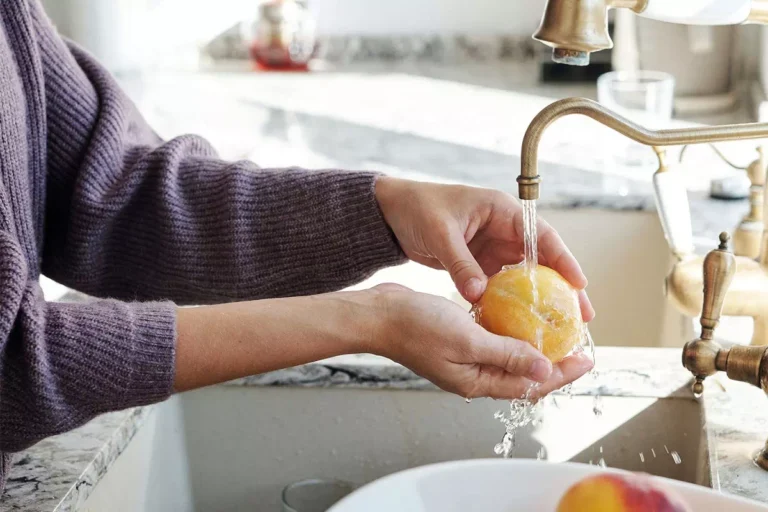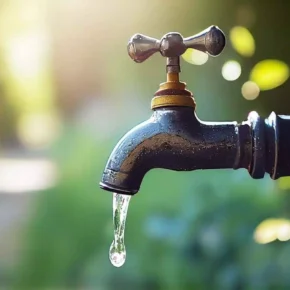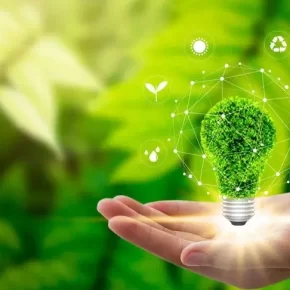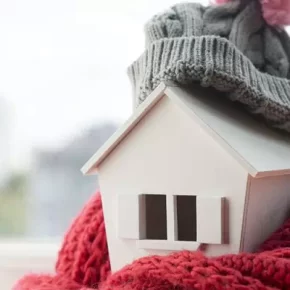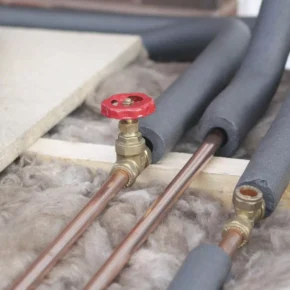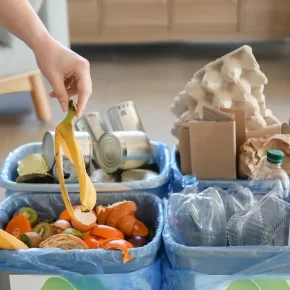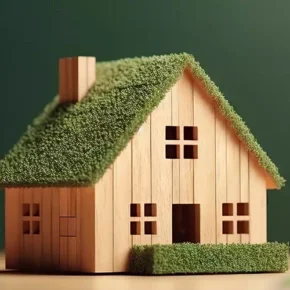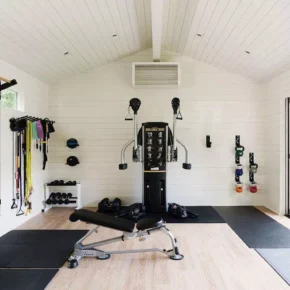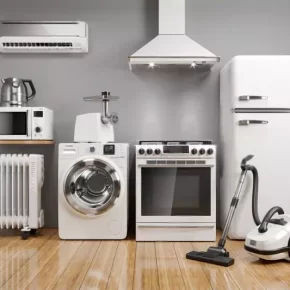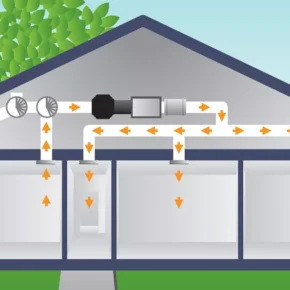Water is one of the most precious resources on Earth, but we often use it without limit. Saving water not only helps protect the environment, but also allows you to reduce utility costs.
By implementing a few simple changes in your life, you can significantly reduce water consumption without reducing the level of comfort.
1. Use of modern technology
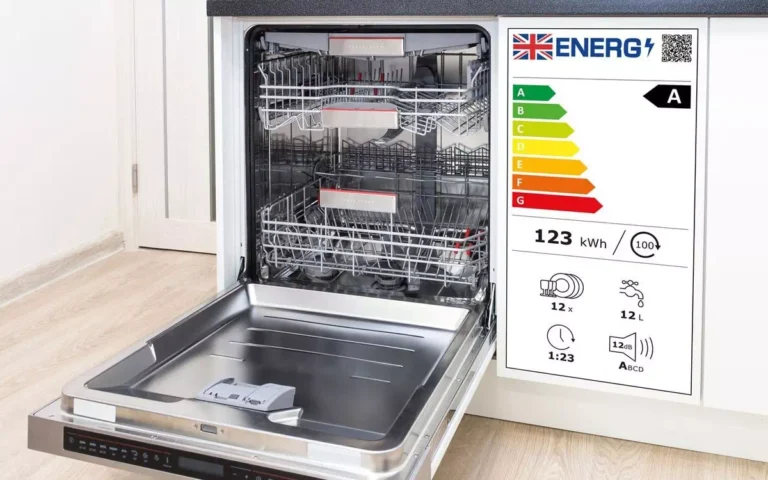
- Economical plumbing: Install faucets and showerheads with aeration functions that mix water with air, reducing flow without reducing pressure.
- Energy-efficient washing machines and dishwashers: Choose appliances of A+ class or higher. It consumes less water and energy, and also works more efficiently.
- Dual-function drain tanks: Such tanks allow you to choose the volume of water for draining, reducing consumption in the toilet.
2. Rational use of water
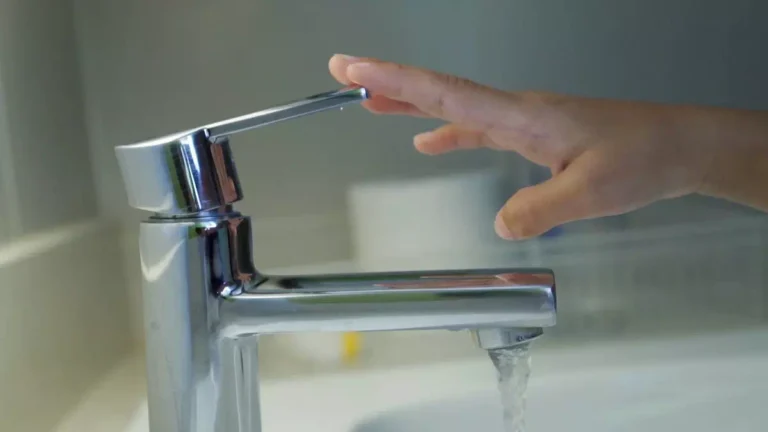
- Turn off the faucet: Don’t leave the water running when you’re brushing your teeth or washing dishes. This can save up to 15 liters of water at a time.
- Take a quick shower instead of a bath: Taking a shower reduces water consumption by 30-50%.
- Use a dishwasher: It uses much less water than washing dishes by hand when fully loaded.
3. Elimination of leaks
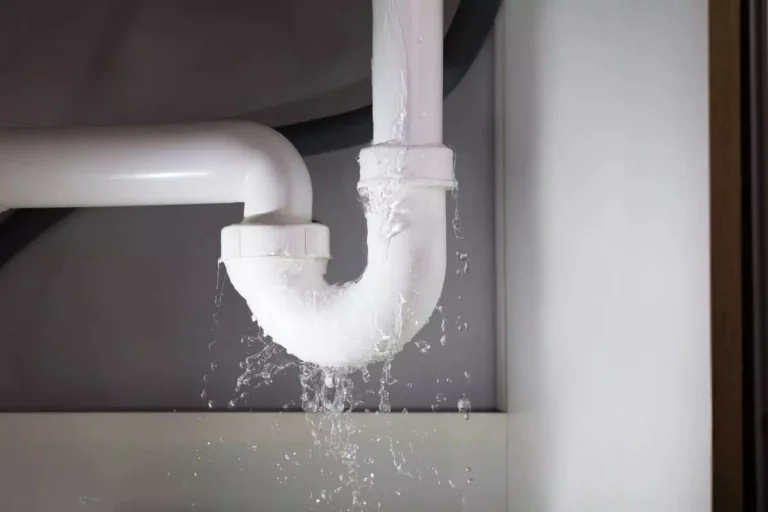
Even a small leak can result in the loss of hundreds of liters of water every month.
- Check your plumbing regularly: Replace gaskets or repair faucets if they leak.
- Monitor the toilet tank: Worn valves can cause significant water loss.
4. Use of rainwater and secondary water
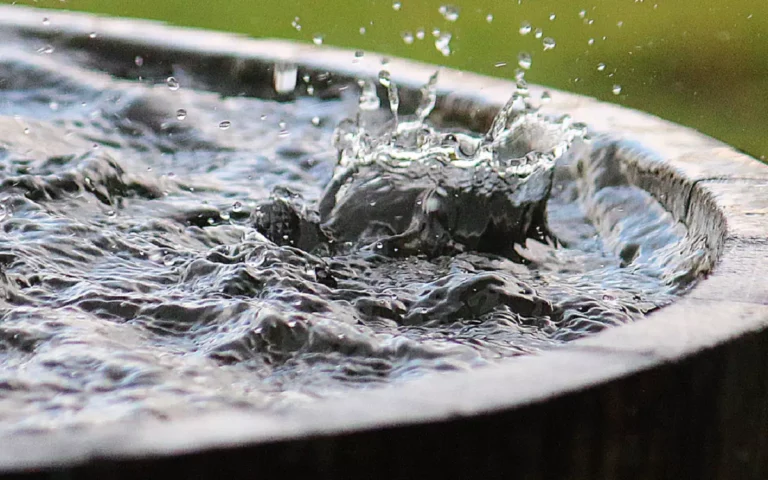
- Collecting rainwater: Use it for watering plants, washing floors or other household needs.
- Secondary use of water: For example, water after washing vegetables can be used to water indoor plants.
5. Reasonable water consumption in the garden
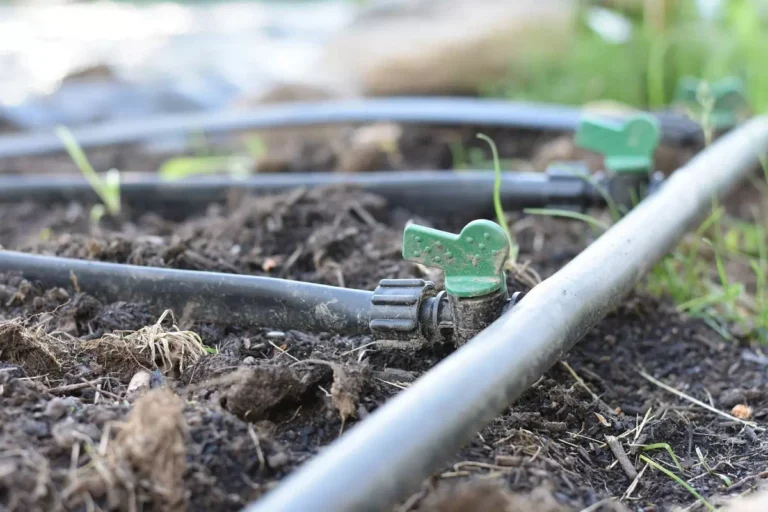
- Water in the morning or in the evening: Avoid watering in the heat, because water evaporates quickly.
- Use mulch: It retains moisture in the soil and reduces the frequency of watering.
- Install drip irrigation: This is an efficient way to supply water without unnecessary expenses.
6. Teaching children economy
Teach children to use water responsibly from an early age. Make up games that demonstrate the importance of saving, such as who can turn off the water faster while brushing their teeth.
7. Use of intelligent systems
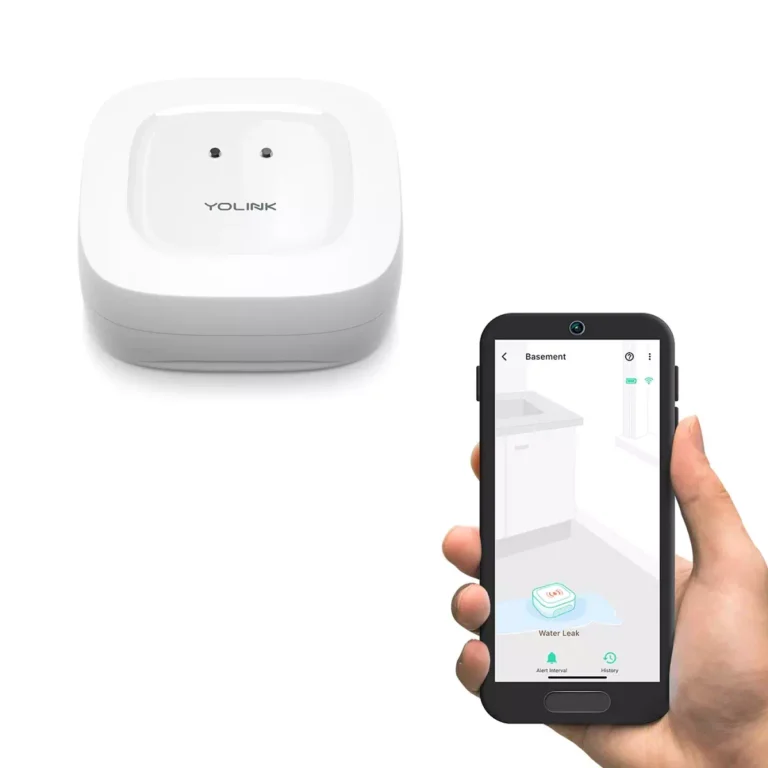
Modern smart systems help to automate water saving. For example, leakage sensors or automatic shut-off of the water supply in the event of a breakdown.
8. Small habits are big changes
- Choose a smaller amount of water for washing if the machine is not fully loaded.
- Use a full kettle or pan instead of washing food under running water.
Saving water is an accessible and useful way for everyone to contribute to the conservation of natural resources and reduce costs. Even small changes in household habits will help to significantly reduce water consumption. Start with simple steps – and the results will not make you wait!

